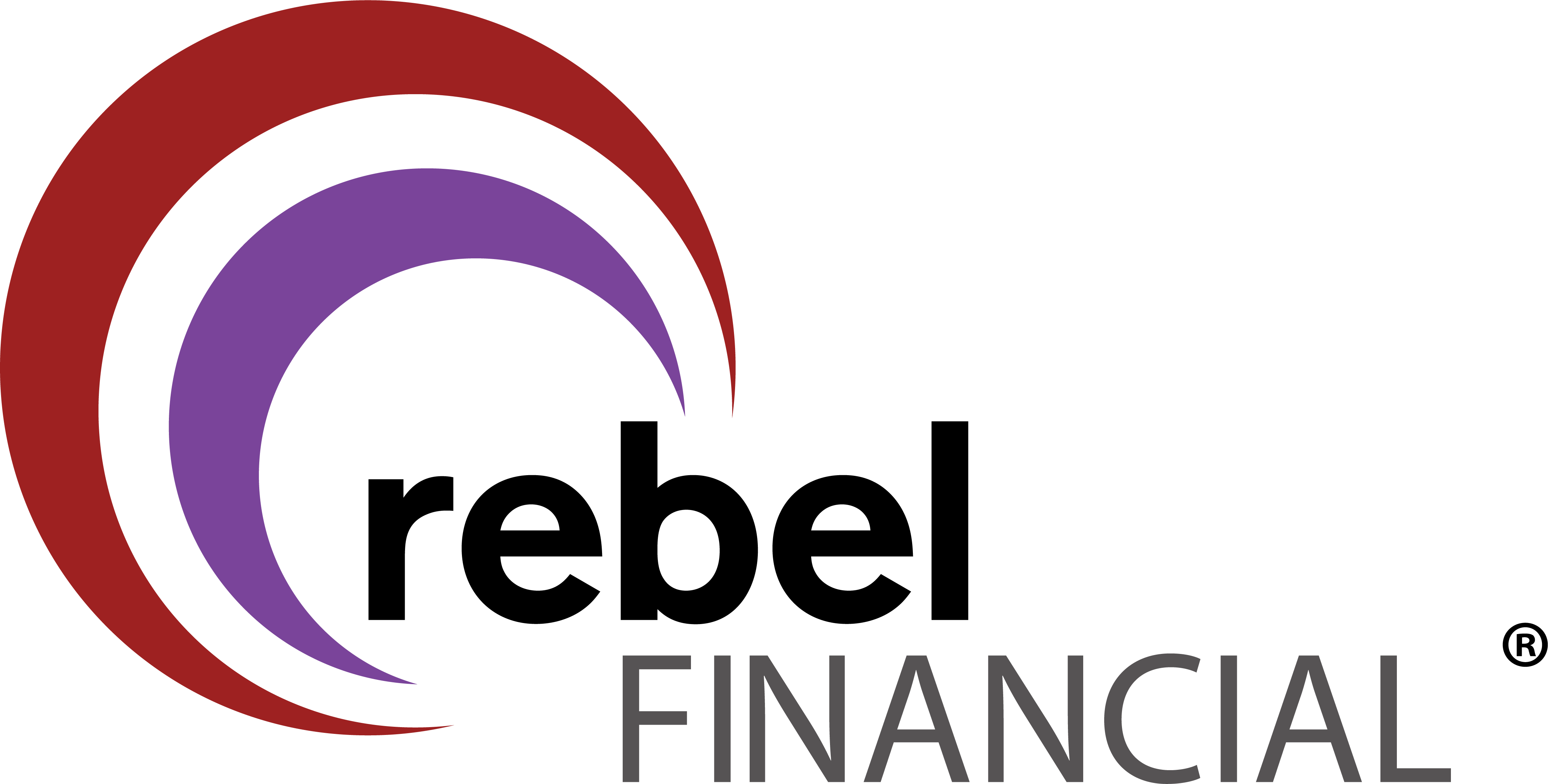Navigating your finances in your early adult years is challenging. Maybe you’ve just graduated high school and are off to college for the first time, or you’ve just graduated college and have just landed your first real job. At this point, it’s likely that your financial concerns revolve around making ends meet with little planning for the future.










